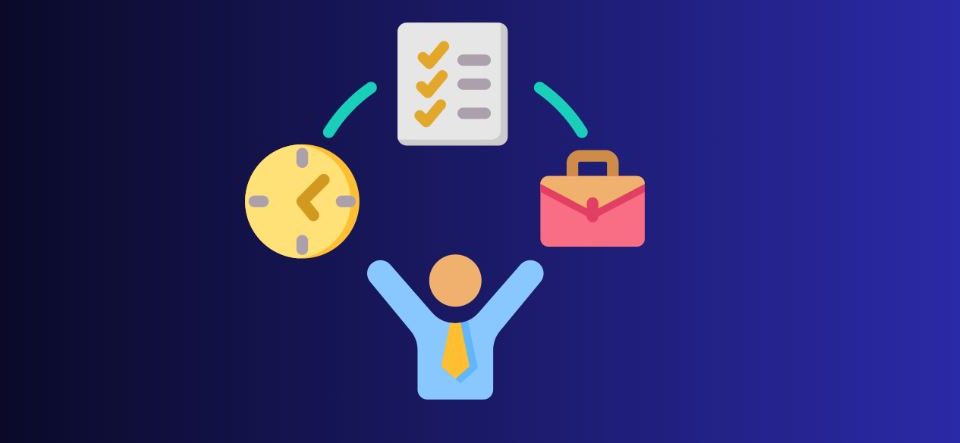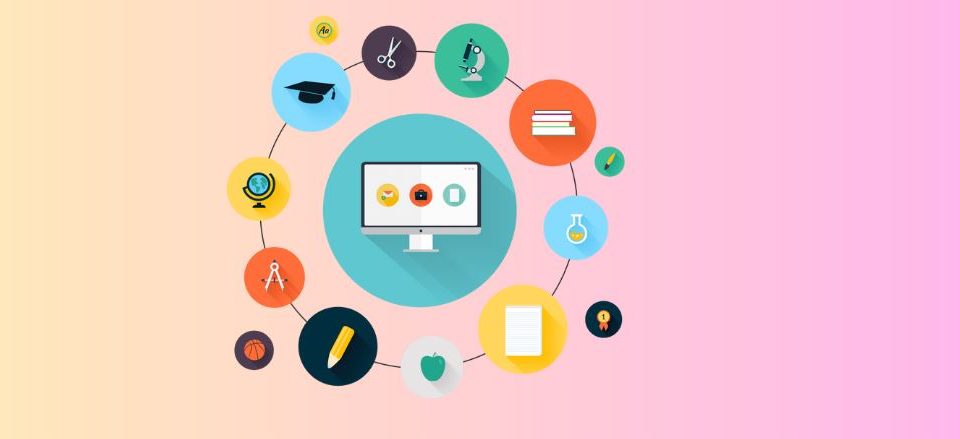Artificial intelligence (AI) tools have become integral to modern education, streamlining learning processes and offering personalized assistance. However, their widespread adoption raises a pressing question: do AI tools genuinely enhance productivity, or do they foster a culture of shortcuts and academic dishonesty? This article delves into the debate, exploring the benefits and pitfalls of AI tools in education and their impact on productivity and ethical learning.
The Case for Productivity Enhancement
AI tools undeniably bring efficiency and precision to the learning process. They save time, provide instant feedback, and enable personalized learning paths. For instance:
- Automated Feedback: Tools like Grammarly and Turnitin offer real-time suggestions and identify plagiarism, enhancing writing quality and academic integrity.
- Adaptive Learning Platforms: Systems such as DreamBox and Coursera adjust course content based on student performance, ensuring tailored and efficient learning experiences.
- Time Management: AI-powered planners like Notion AI assist students in organizing schedules, tracking assignments, and prioritizing tasks.
A 2023 study by the World Economic Forum revealed that 72% of students using AI tools felt their learning outcomes improved due to increased productivity and time savings.
The Risks of Shortcut Culture
While AI tools have clear benefits, overreliance on them can undermine critical thinking and problem-solving skills. Concerns include:
- Superficial Learning: Students may use AI-generated answers or solutions without fully understanding underlying concepts, hindering long-term retention.
- Ethical Dilemmas: AI-generated essays or responses from tools like ChatGPT can blur the lines between legitimate assistance and academic dishonesty.
- Reduced Effort: Easy access to instant solutions may discourage students from putting in the effort required to deeply engage with material.
A report by Turnitin (2023) indicated a 35% rise in cases of suspected AI-generated submissions, sparking debates about academic integrity.
Striking the Right Balance
To ensure AI tools serve as enablers of productivity rather than crutches, educators and institutions must take proactive measures:
- Promote Ethical Use: Clear guidelines on how and when to use AI tools can help students understand the line between assistance and dishonesty.
- Focus on Skill Development: Incorporate activities that emphasize critical thinking, creativity, and problem-solving, reducing reliance on AI tools.
- Leverage AI as a Teaching Aid: Use AI tools to complement traditional teaching methods, such as providing supplementary explanations or personalized practice.
Data Insights
A 2023 survey by EdTech Insights revealed contrasting opinions:
- 85% of educators believe AI tools enhance productivity when used ethically.
- 60% of students admitted using AI tools to complete assignments without fully understanding the material.
Conclusion
AI tools hold immense potential to make education more efficient and accessible. However, their effectiveness depends on how they are used. Encouraging ethical use and fostering a mindset of growth and learning can help ensure these tools enhance productivity without compromising academic integrity. The question remains: are we equipping students for success, or merely teaching them to take shortcuts?
References
- World Economic Forum. (2023). AI and Productivity in Education. Retrieved from www.weforum.org
- Turnitin. (2023). AI-Generated Submissions: Trends and Challenges. Retrieved from www.turnitin.com
- EdTech Insights. (2023). Balancing AI Tools and Academic Integrity. Journal of Educational Technology, 15(2), 25-40.
- Grammarly. (2023). AI Writing Tools: Productivity vs. Plagiarism. Retrieved from www.grammarly.com
- DreamBox. (2023). The Role of Adaptive Learning in Modern Education. Retrieved from www.dreambox.com
- Coursera. (2023). Leveraging AI for Personalized Education. Retrieved from www.coursera.org




